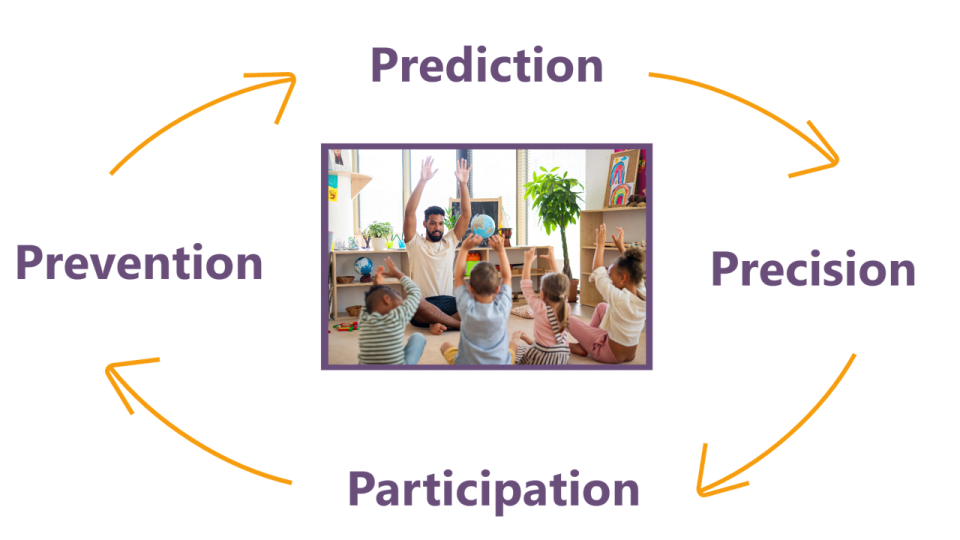Obelisk Project
We believe the most effective way to prevent a high prevalence of obesity throughout the life course is to avoid its development in children and promote healthy weight maintenance during adolescence and young adulthood.

Concept
The main concept behind Obelisk, is dedicated to understanding, predicting, and preventing obesity in children and providing precision medicine for those affected.
The 4P’s approach of Obelisk involves active participation from all stakeholders including families, scientific and medical communities, daycare centres, schools, policymakers, and industry, to drive social innovation and achieve successful outcomes.




